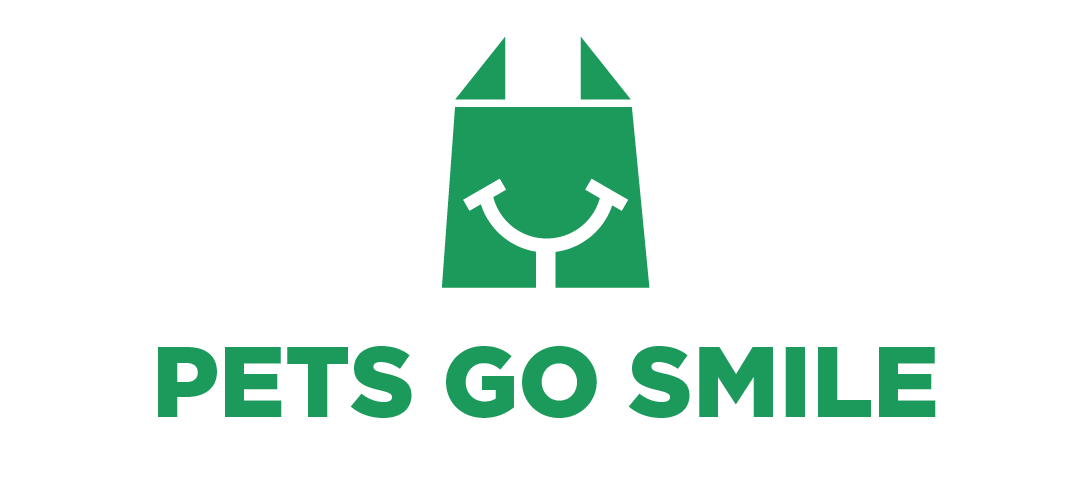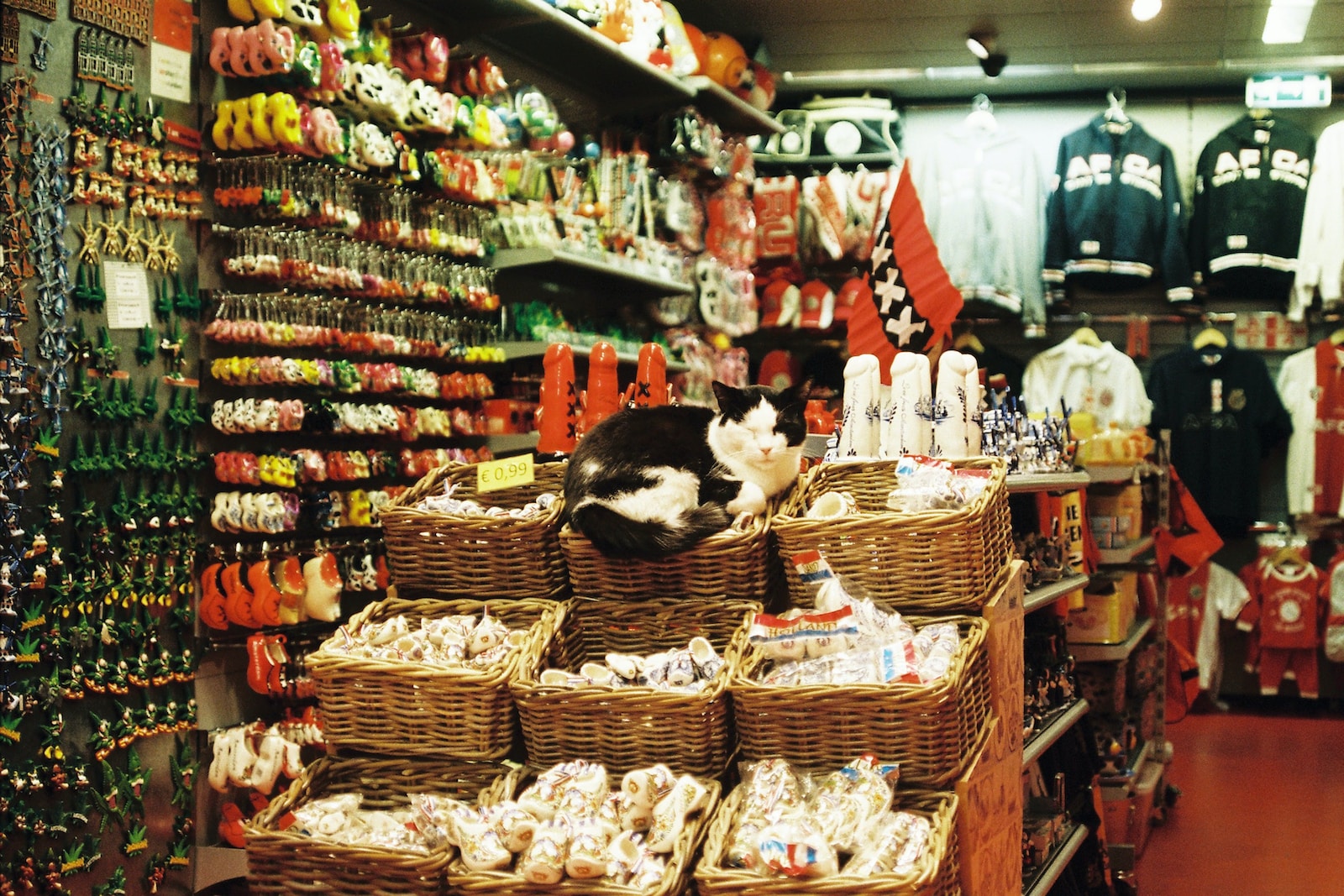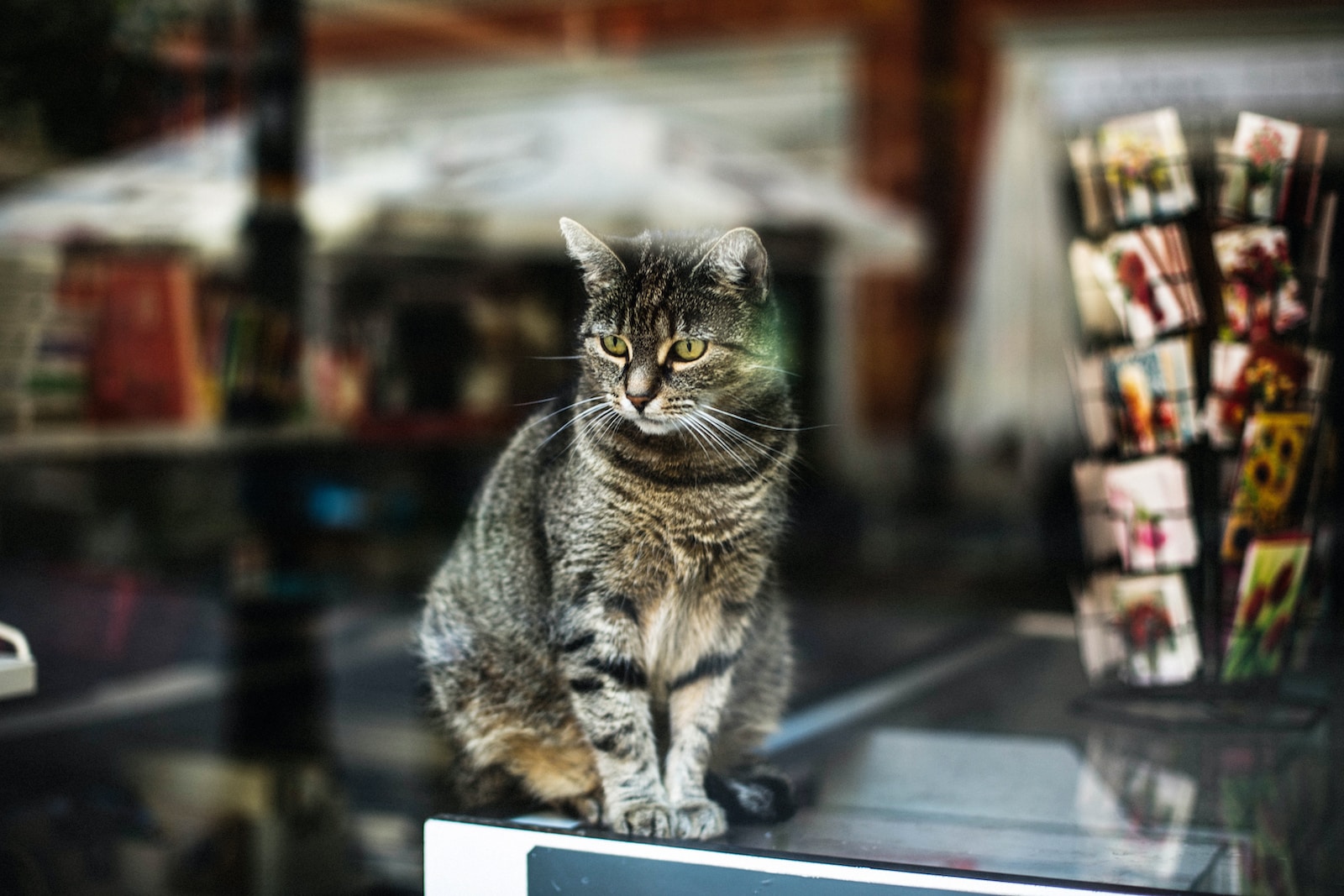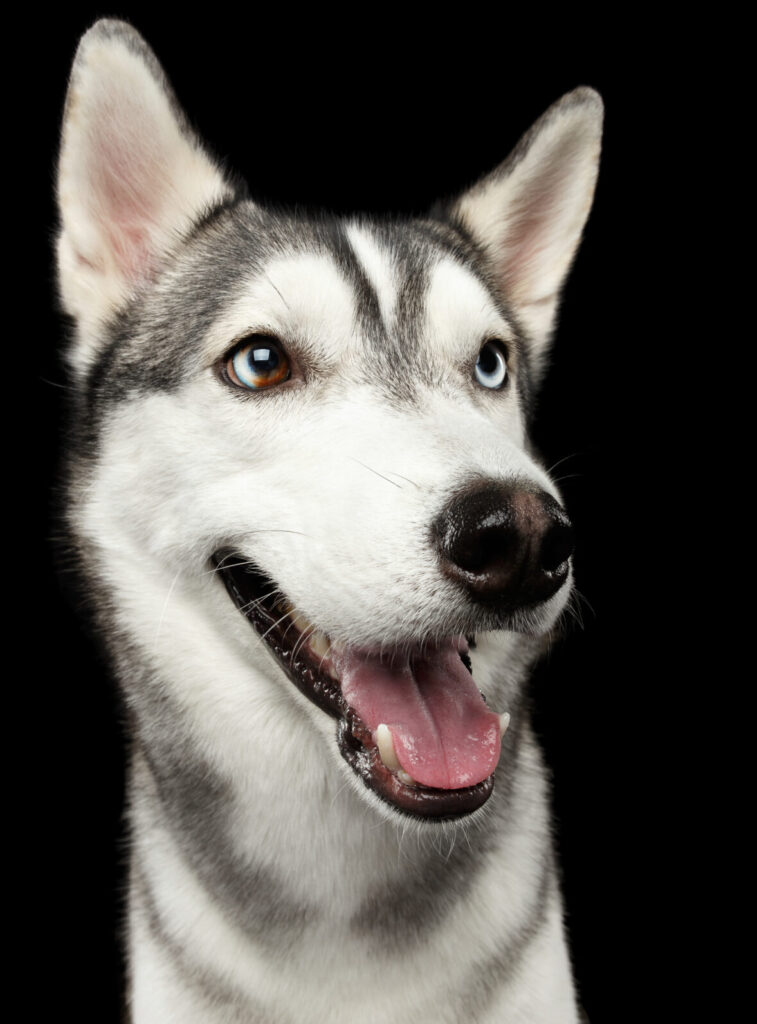When it comes to providing the best care for our beloved furry companions, quality is paramount.
Vet clinic owners, pet supply store businesses, and industry professionals alike understand the critical role that high-quality pet supplies play in ensuring the health and well-being of our pets.
But have you ever wondered how pet supply manufacturers maintain such rigorous standards of quality control?
In this article, we will delve into the world of pet supply manufacturing, exploring the comprehensive measures implemented by pet food industry to safeguard the quality and safety of pet products.
Discover the behind-the-scenes processes, advanced technologies, and collaborative efforts that pet supply manufacturers employ to deliver reliable and trustworthy products.
Join us as we explore the fascinating realm of quality control in the pet supply industry, unlocking insights that will empower you to make informed decisions and provide the best for the pets under your care.
Significance of Quality Control in Pet Supply Manufacturing
Quality control in pet supply manufacturing is of paramount importance for several reasons.
Firstly, low-quality pet supplies can have a detrimental impact on the health and well-being of pets.
Whether it’s poorly formulated pet food, substandard grooming products, or faulty toys, using such products can lead to adverse effects ranging from allergies and digestive issues to more severe health complications.
By ensuring stringent quality control measures, manufacturers can mitigate the risks associated with subpar pet supplies and safeguard the health of consumers and our furry friends.
Secondly, vet clinics and pet supply stores face significant reputation risks if they offer products of dubious quality.
Pet owners rely on these establishments to provide trustworthy and reliable supplies for their pets. However, any association with low-quality or unsafe pet products, can tarnish their reputation, resulting in loss of trust, customer dissatisfaction, and ultimately, business repercussions.
By partnering with reputable manufacturers who prioritize quality control, vet clinics and pet supply stores can maintain their credibility, attract loyal customers, and enhance their standing in the industry.
Lastly, the need for stringent quality control measures in pet supply manufacturing cannot be overstated.
The welfare of pets is at stake, and it is the responsibility of manufacturers to ensure that every product that reaches the market meets the highest quality and safety standards.
Stringent quality control processes encompass various stages, from raw material inspection and manufacturing process monitoring to in-process quality checks and final product testing.
Establishing Robust Quality Control Processes
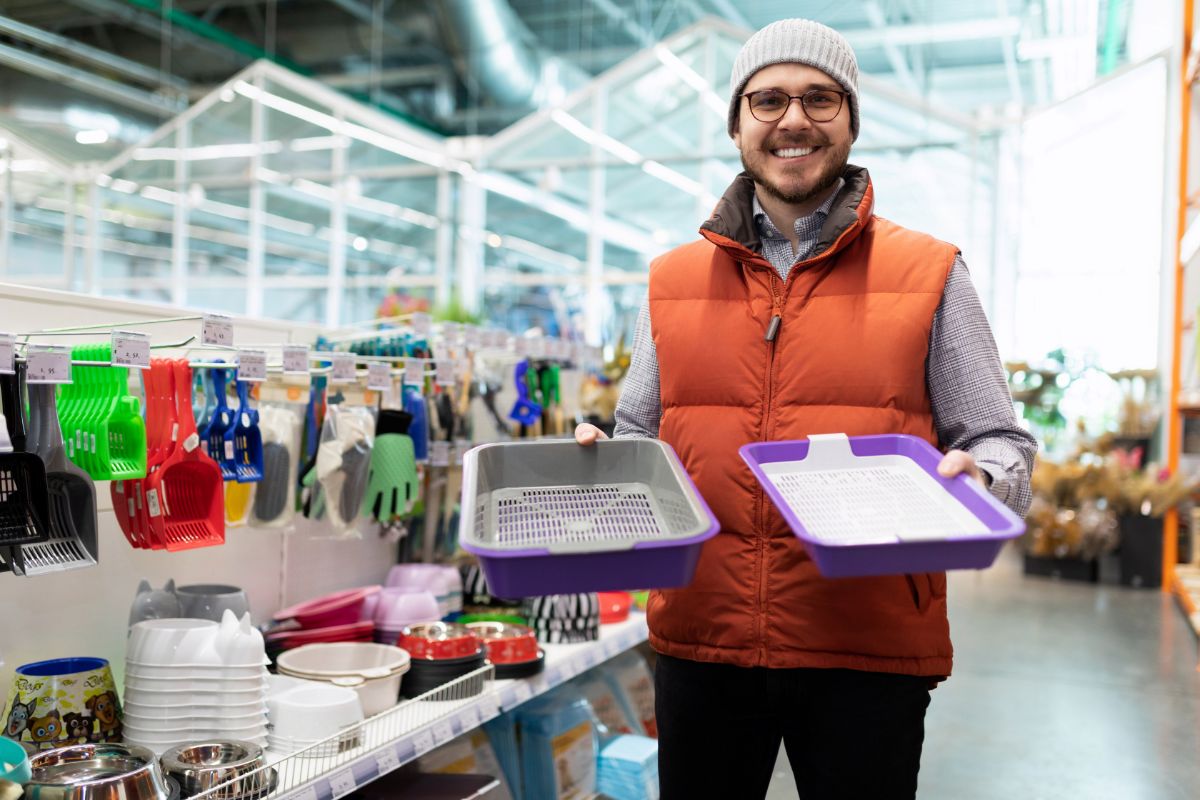
1. Raw material inspection and testing of pet food and pet accessories
Raw material inspection and testing of pet food and pet accessories is an integral part of the quality control process for pet supply manufacturers.
This includes inspecting the raw materials used to make pet food and toys for any potential contaminants, toxins, or allergens, as well as testing them for safety standards such as pH levels, moisture content, shelf-life, and other factors.
Quality control is very important for quality pet products and supplies. This means testing things like pet food and toys to make sure they are safe.
It is important because if the pet supplies are not of good quality, it could make your dog or pets sick or even hurt them!
Quality control includes inspecting raw materials for any bad things that can harm pets and making sure that the cat food itself and toys meet safety standards such as pH levels, moisture content, shelf-life, and more.
2. Manufacturing process monitoring
Manufacturing process monitoring is another important part of the pet supply quality control process.
This involves closely overseeing the entire production process, from raw material sourcing to finished product assembly.
Quality control personnel must ensure that all steps in the production line are carried out according to safety and quality standards.
This includes regular inspections of the machinery, equipment, and tools being utilized during manufacturing; testing of components and parts for integrity; as well as rigorous examination of final products prior to shipment.
Moreover, manufacturers often employ automated systems such as real-time data logging and tracking to monitor processes more closely and ensure a safe production cycle.
3. In-process quality checks of pet toys and pet accessories
In-process quality checks are another integral part of the quality control process for pet supplies.
This involves checking products at various stages of production to ensure they meet or exceed safety standards.
For instance, manufacturers may conduct periodic tests on toys and accessories such as pull strength testing, leak testing, shock resistance testing, and flame retardant testing.
These tests help detect any potential defects that could compromise product integrity and lead to injuries or health complications for pets.
4. Final product testing and inspection
The final stage in the pet supply manufacturing quality control process is final product testing and certification.
After all, components have been assembled and inspected, manufacturers must subject their products to further inspection and stringent testing protocols.
This includes using advanced techniques such as spectroscopy, gas chromatography, and X-ray fluorescence to detect trace levels of toxins or allergens in pet food and supplies.
In addition, manufacturers often submit their products for independent certification from third-party organizations that guarantee product safety and quality.
5. Packaging and labeling quality control
Finally, packaging and labeling play a critical role in the pet supply industry.
Manufacturers must pay attention to every detail of their product’s packaging and labeling to ensure compliance with safety regulations.
This includes correct sizing, choice of materials, clear labeling, expiration dates, and more.
By taking the necessary steps to guarantee product integrity and meet all relevant safety standards, manufacturers can ensure that their products are safe for pets and trustworthy for customers.
Utilizing Advanced Technologies for Quality Control

Implementing automated testing equipment:
In the realm of pet supply manufacturing, implementing automated testing equipment is a game-changer for quality control.
This advanced technology allows manufacturers to streamline and enhance their quality assurance processes.
Automated testing equipment eliminates human error and provides consistent, accurate, and efficient testing results. For vet clinic owners and pet supply store businesses, investing in such equipment can significantly improve the reliability and safety of their products.
By automating testing procedures, manufacturers can conduct thorough inspections for factors like product integrity, durability, and adherence to specifications.
For example, automated equipment can test the strength and durability of pet toys, ensuring they withstand rigorous play without posing any risks of breakage or choking hazards.
Vet clinics and pet supply stores can benefit from partnering with manufacturers who employ automated testing equipment, as it assures them of receiving products that have undergone meticulous quality checks, minimizing the chances of faulty or substandard supplies reaching their customers.
The role of machine vision systems in quality assurance:
Machine vision systems play a crucial role in quality assurance within the pet supply manufacturing industry.
These advanced systems utilize cameras and image processing software to analyze and evaluate various product attributes, ensuring compliance with quality standards.
For instance, in pet food manufacturing, machine vision systems can be employed to check for proper labeling, detect contaminants, and verify packaging integrity.
By employing machine vision systems, manufacturers can detect and reject defective or non-compliant products, ensuring only high-quality items make their way to the market.
Vet clinic owners and pet supply store businesses can rely on manufacturers who utilize machine vision systems as they can be confident in the products’ accuracy and reliability.
These systems not only enhance quality control but also contribute to efficient production processes, reducing waste and maximizing overall productivity.
Utilizing data analytics and statistical process control for quality improvement:
Data analytics and statistical process control are powerful tools that pet supply manufacturers can utilize to drive continuous quality improvement.
Manufacturers can identify patterns, trends, and areas that need improvement by analyzing the extensive data generated during the manufacturing process.
They can monitor key product quality indicators, such as defect rates, production cycle times, and customer feedback, to gain insights into product performance and identify any quality issues.
For vet clinic owners and pet supply store businesses, partnering with manufacturers who leverage data analytics and statistical process to manage quality control signifies a commitment to consistently improving the quality of their products.
These manufacturers can proactively address quality concerns, refine their manufacturing processes, and optimize product formulations to deliver the best possible pet supplies.
By harnessing the power of data and statistical analysis, manufacturers can identify opportunities for innovation, reduce variability, and ultimately enhance customer satisfaction.
Vet clinic owners and pet supply store businesses can benefit from partnering with manufacturers who employ these technologies, as they ensure reliable, safe, and consistent products.
By leveraging these advanced tools, manufacturers can uphold stringent quality standards, streamline production processes, and continuously improve their offerings, thereby fostering trust and satisfaction among pet owners and solidifying their position in the market.
Ensuring Compliance with Safety and Regulatory Standards
Overview of relevant safety standards and regulations
Ensuring compliance with safety standards and regulations is a critical aspect of quality control in pet supply manufacturing.
The pet industry is subject to various regulations and guidelines set forth by governmental bodies and industry organizations to guarantee the safety and well-being of pets.
These regulations cover a wide range of aspects of food safety, including ingredient sourcing, product formulation, labeling requirements, and packaging safety.
Vet clinic owners and pet supply store businesses must be aware of the relevant safety standards and regulations governing the products they offer to maintain compliance and protect their customers and their pets.
Business owners can ensure the safety and well-being of the animals in their care by collaborating with pet product manufacturers, who have a comprehensive knowledge of the safety standards and regulations in place for the pet supplies they carry.
Documentation and traceability in quality control:
Effective quality control in pet supply manufacturing relies on comprehensive documentation and traceability systems.
Manufacturers should maintain detailed records of their production processes, including ingredient origins, manufacturing procedures, and quality control tests conducted.
This documentation allows for full traceability, enabling manufacturers to track and trace every step of the product’s journey, from raw materials to the finished goods.
Vet clinic owners and pet supply store businesses should seek out manufacturers who prioritize documentation and traceability, as it ensures transparency and accountability throughout the supply chain.
In the event of any quality or safety concerns, thorough documentation enables swift identification of the root cause and facilitates prompt corrective actions.
Additionally, traceability plays a vital role in product recalls, as it allows for efficient identification and removal of potentially defective or hazardous products from the market, minimizing any risks to pets and customers.
Conducting internal audits and inspections:
Internal audits and inspections are integral components of quality control in pet supply manufacturing.
Manufacturers should establish regular auditing procedures to evaluate their compliance with safety standards, quality control processes, and regulatory requirements.
These audits assess various aspects, such as facility cleanliness, adherence to standard operating procedures, staff training, and equipment calibration.
Internal inspections allow manufacturers to identify areas for improvement, implement corrective measures, and ensure continuous adherence to quality control protocols.
Vet clinic owners and pet supply store businesses should look for manufacturers that demonstrate a commitment to internal audits and inspections, as it reflects a proactive approach to quality assurance.
Collaboration with Suppliers and Certification Programs
Collaboration with suppliers is key for pet supply manufacturers to ensure quality control.
Manufacturers should establish clear communication with their suppliers to guarantee that all materials used adhere to the necessary safety and regulatory standards.
Additionally, they should work closely with their suppliers to ensure the timely delivery of raw materials and supplies needed for production.
Establishing mutually beneficial relationships with reliable suppliers helps manufacturers deliver consistently high-quality products in a cost-effective manner.
Certification programs are another important aspect of pet supply manufacturing quality control.
Through these programs, manufacturers can demonstrate compliance with industry safety and regulatory standards as well as showcase their commitment to responsible sourcing and sustainability initiatives.
This helps build trust among customers, vet clinic owners, and pet store businesses alike.
Furthermore, certifications can open up opportunities for manufacturers to access new markets and increase their overall customer base.
Continuous Improvement and Customer Feedback
Finally, pet food manufacturers should strive for continuous improvement to ensure quality control in pet supply manufacturing.
By closely monitoring customer feedback and leveraging the latest technologies, such as artificial intelligence and machine learning, they can identify areas of opportunity for improvement and optimize their product offerings accordingly.
Additionally, manufacturers should take into account customer preferences for product design and formulations when developing new products.
This helps them remain competitive in the market by staying ahead of trends and offering products that satisfy customer needs.
For vet clinic owners and pet supply store businesses looking to provide their customers with safe, reliable pet supplies, partnering with manufacturers who prioritize quality control is essential to success.
By leveraging data-driven strategies, maintaining compliance with safety standards and regulations, and fostering collaborative relationships with suppliers, manufacturers can ensure that the various pet foods and supplies they create are not only safe but also contribute to the overall well-being of all pets.
Takeaways
It is essential for pet supply manufacturers to prioritize their quality control procedures in order to ensure the safety and well-being of pets.
Quality control involves rigorous documentation, traceability systems, internal audits and inspections, collaboration with suppliers, certification programs, continuous improvement initiatives, and utilizing customer feedback.
By leveraging these strategies and taking a proactive approach toward quality assurance, manufacturers can build trust among their customers while providing safe products that contribute to the overall health of all pets.
Pets Go Smile – Your Trusted Pet Supply Manufacturer
Pets Go Smile is a leading pet supply manufacturer company that prioritizes quality control and safety.
We understand the importance of providing customers with safe, reliable pet products and quality control, that contributes to the well-being of all pets.
Our commitment to quality assurance begins with comprehensive documentation and traceability systems and extends to regular internal audits and inspections, collaboration with suppliers, certification programs, and continuous improvement initiatives.
We also integrate customer feedback into our product development processes in order to remain ahead of trends and satisfy customer needs.
At Pets Go Smile, we take pride in providing high-quality pet supplies while maintaining compliance with industry safety standards and regulations.
